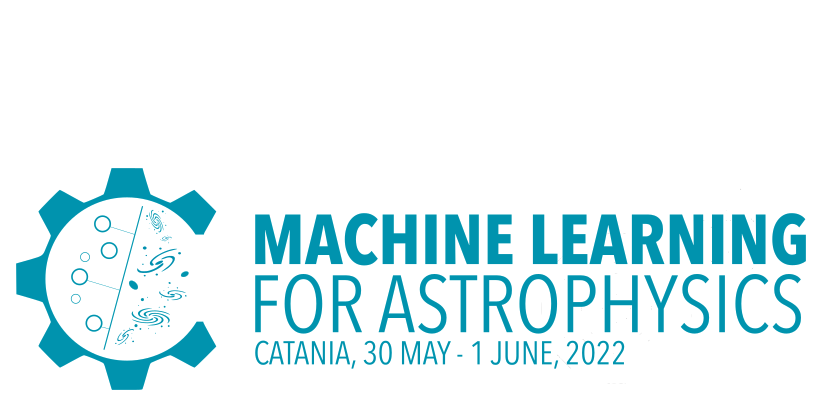Speaker
Description
Dating stars is a major challenge with a deep impact on many astrophysical fields. One of the most promising techniques for this is using chemical abundances. Recent space- and ground-based facilities have improved the number of stars with accurate observations. This has opened the door for using Bayesian inference tools to maximise the information we can extract from them. In this work, we present accurate and reliable stellar age estimates of FGK stars using chemical abundances and stellar parameters, thanks to one of the most flexible Bayesian inference techniques, a hierarchical Bayesian model. The core of the model is a prescription of certain abundance ratios as linear combinations of stellar properties including age. We gathered four different testing sets to assess the accuracy, precision, and limits of our model. We also trained a model using chemical abundances alone. With all this, we found that our age estimates and those used as reference agree well. The mean absolute difference of our estimates compared with those used as reference is 0.9 Ga, with a mean difference of 0.01 Ga. When using open clusters, we reached a very good agreement for Hyades, NGC 2632, Ruprecht 147, and IC4651. We also found outliers that are a reflection of chemical peculiarities and/or stars at the limit of the validity ranges of the training set. The model that only uses chemical abundances shows a slightly worse mean absolute difference (1.18 Ga) and mean difference (-0.12 Ga).

